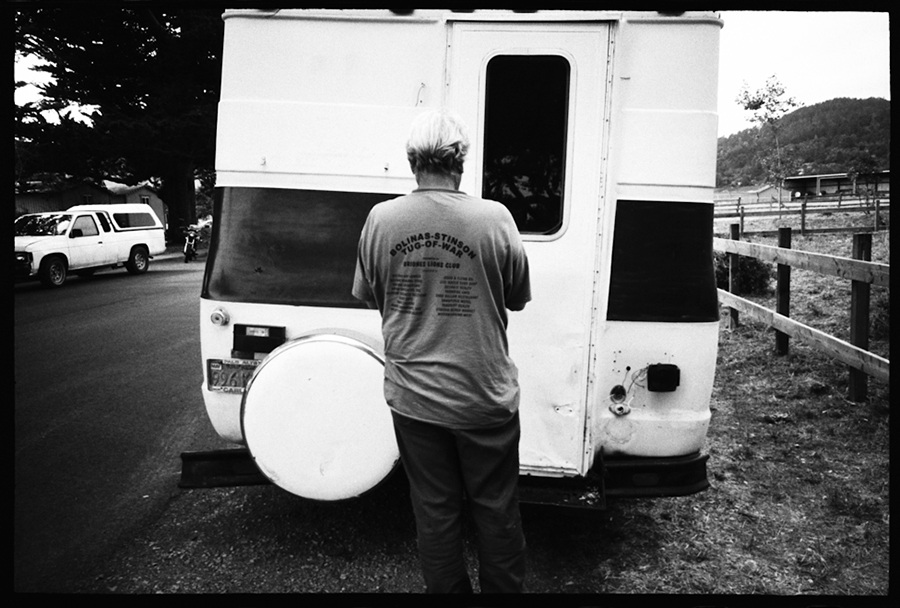Sheriff’s deputies have stopped enforcing a county ordinance that criminalized living in one’s car, following the repeal of a similar ordinance by . . .
Vehicle habitation ban suspended as county reviews Ninth Circuit ruling


Sheriff’s deputies have stopped enforcing a county ordinance that criminalized living in one’s car, following the repeal of a similar ordinance by . . .